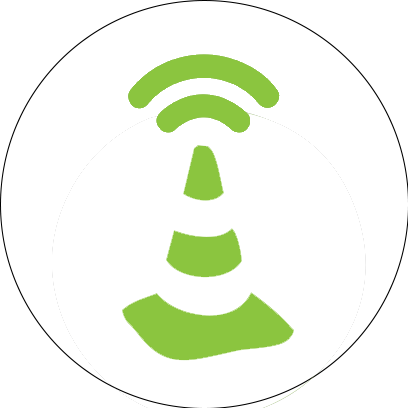
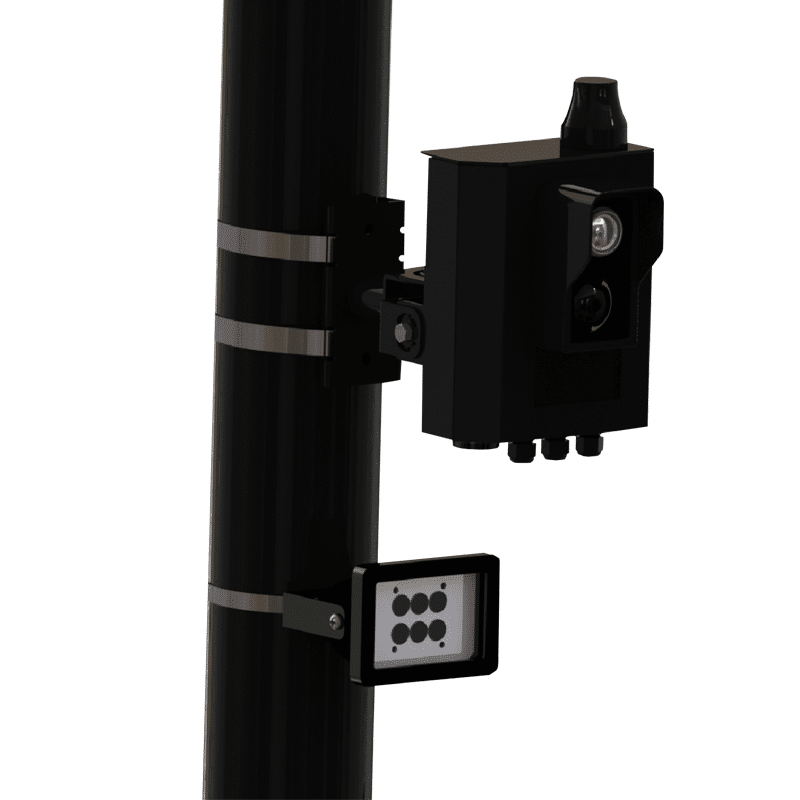
Speed Warning Cameras

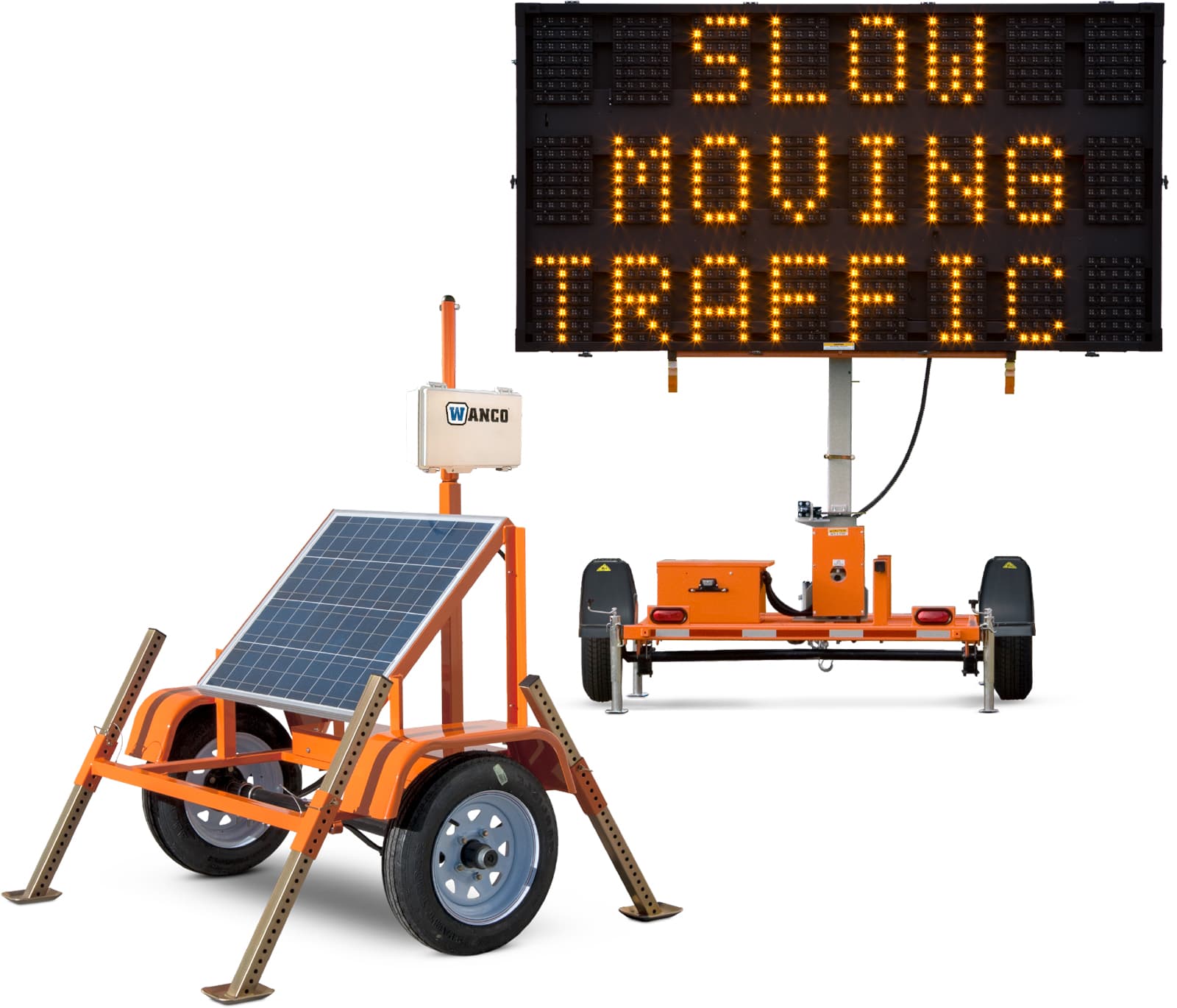
Queue Warning Trailers

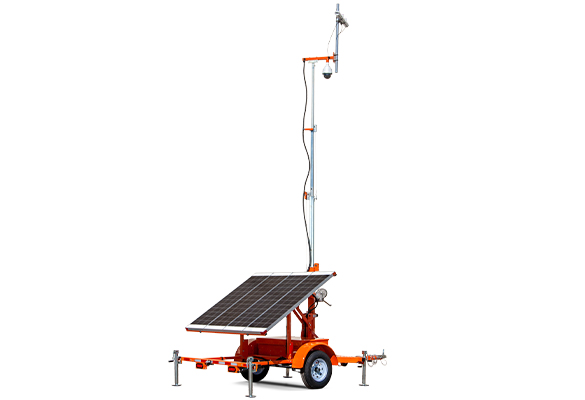
Camera Trailers

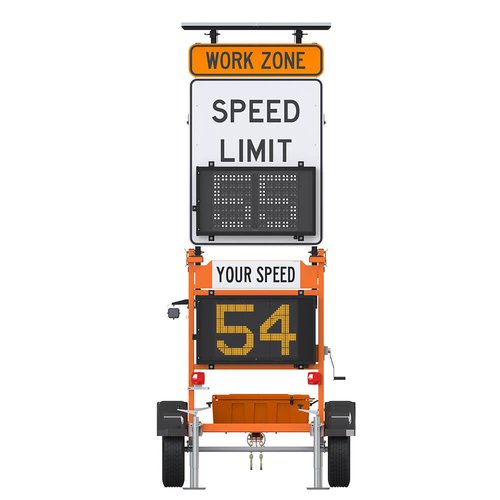
Variable Speed Limit Trailers

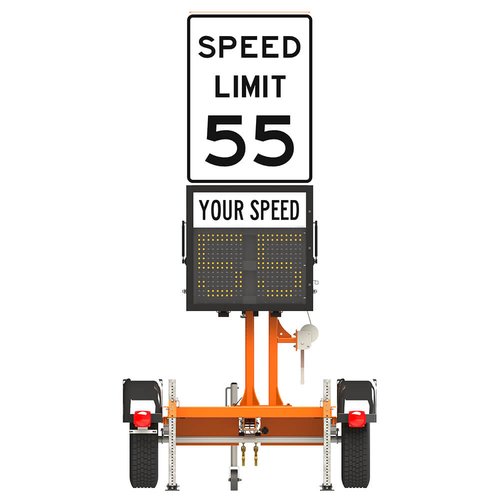
Radar Speed Trailers

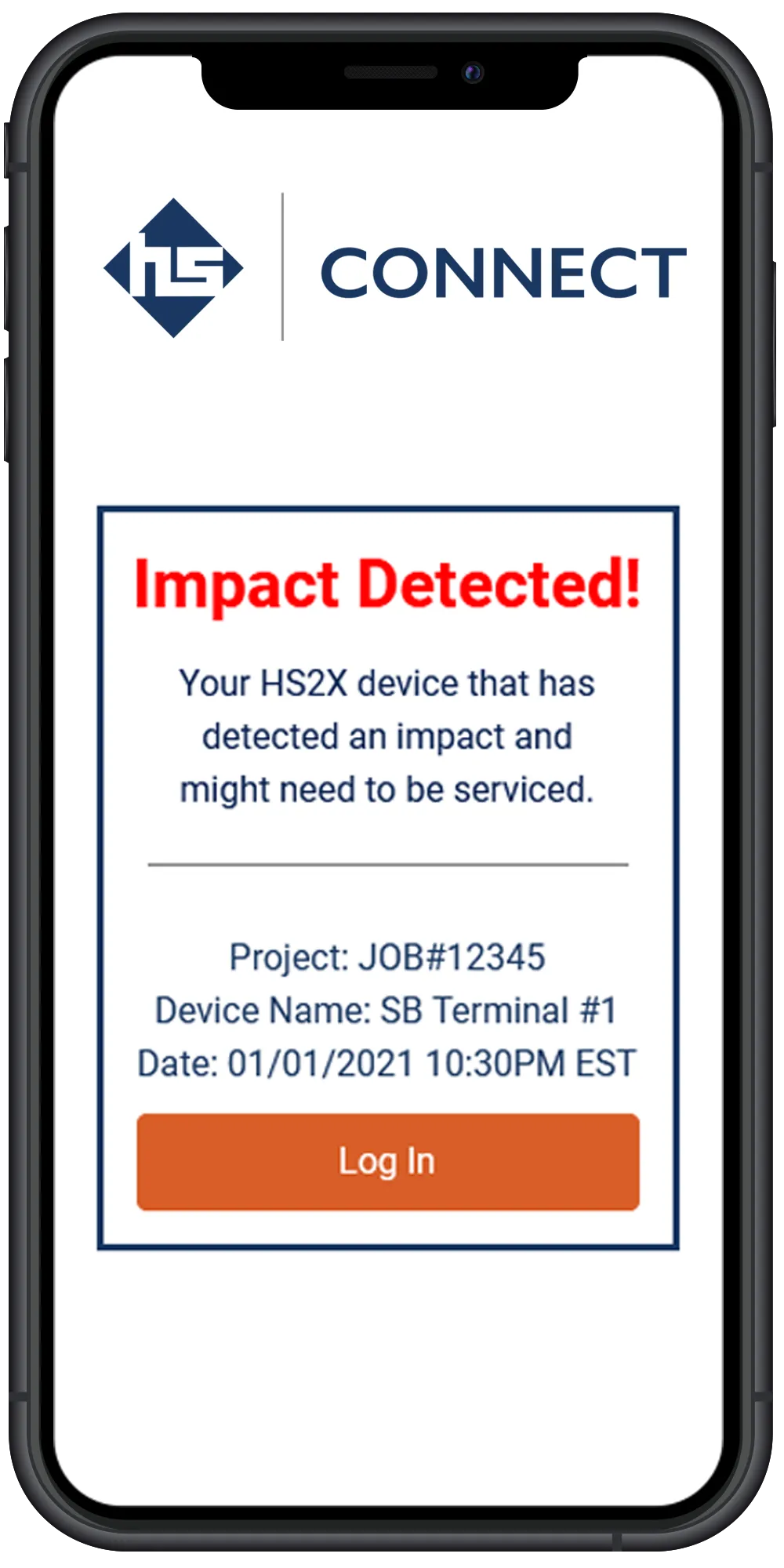
Impact Monitoring Systems

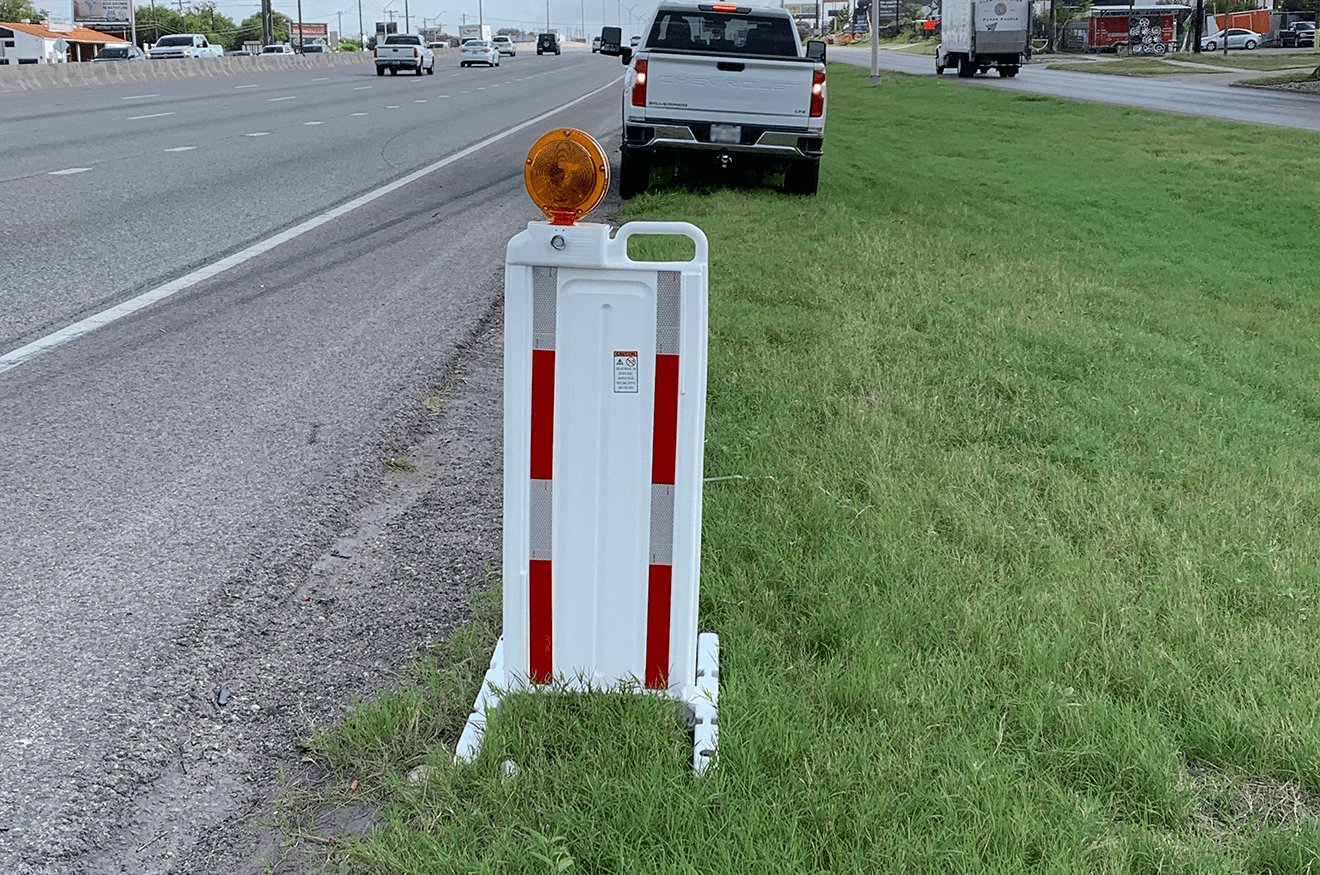
Workzone Location Markers

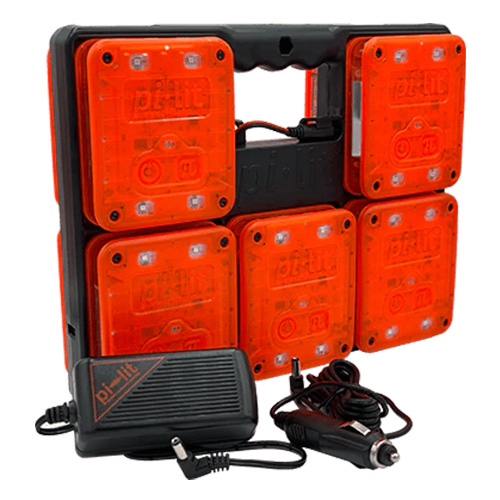
Smart Sequential Road Flares

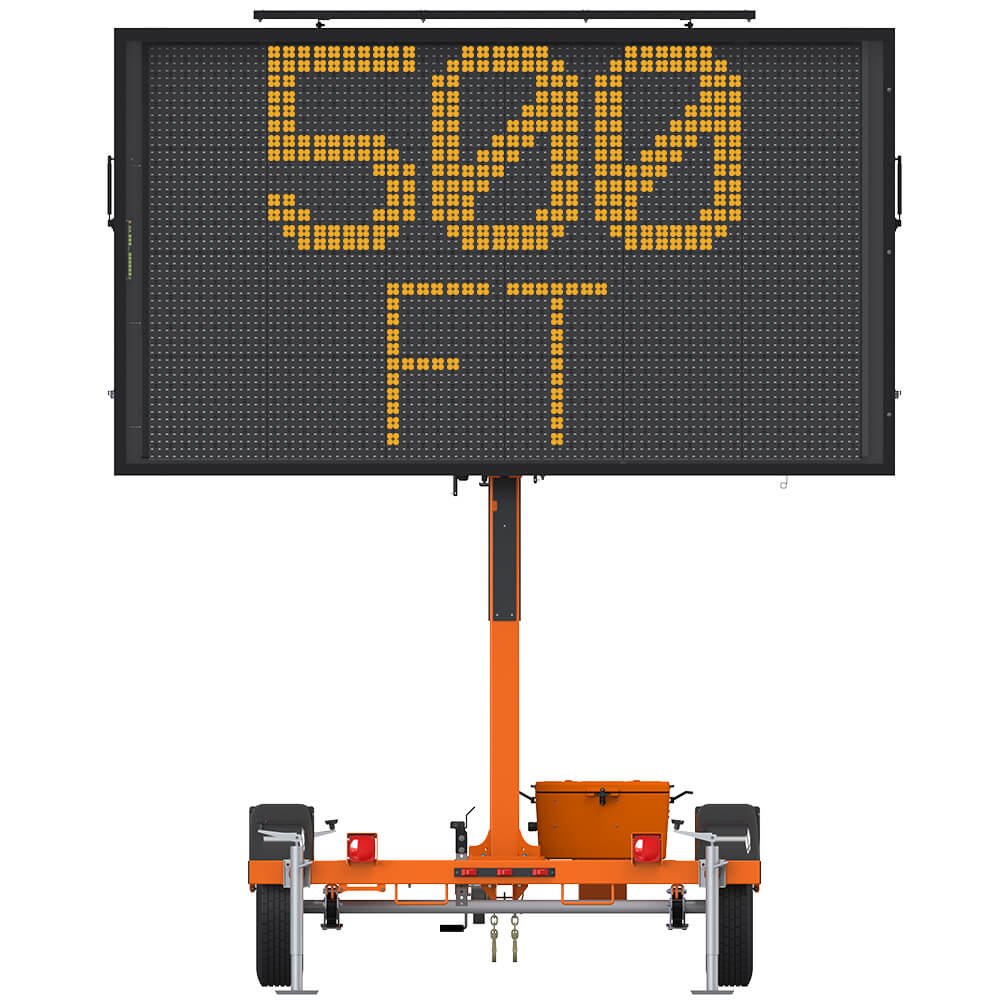
Variable Message Sign | Full Size Full Matrix

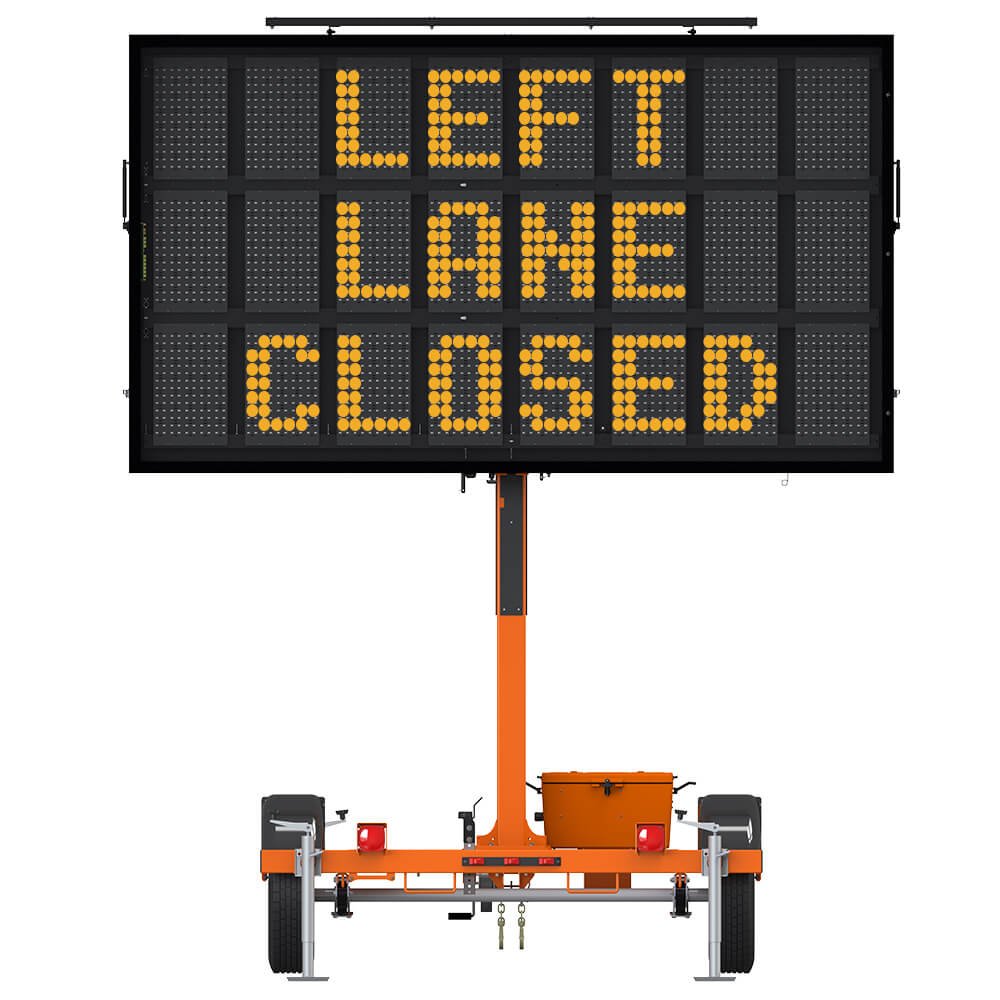
Variable Message Sign | Full Size 3 Line

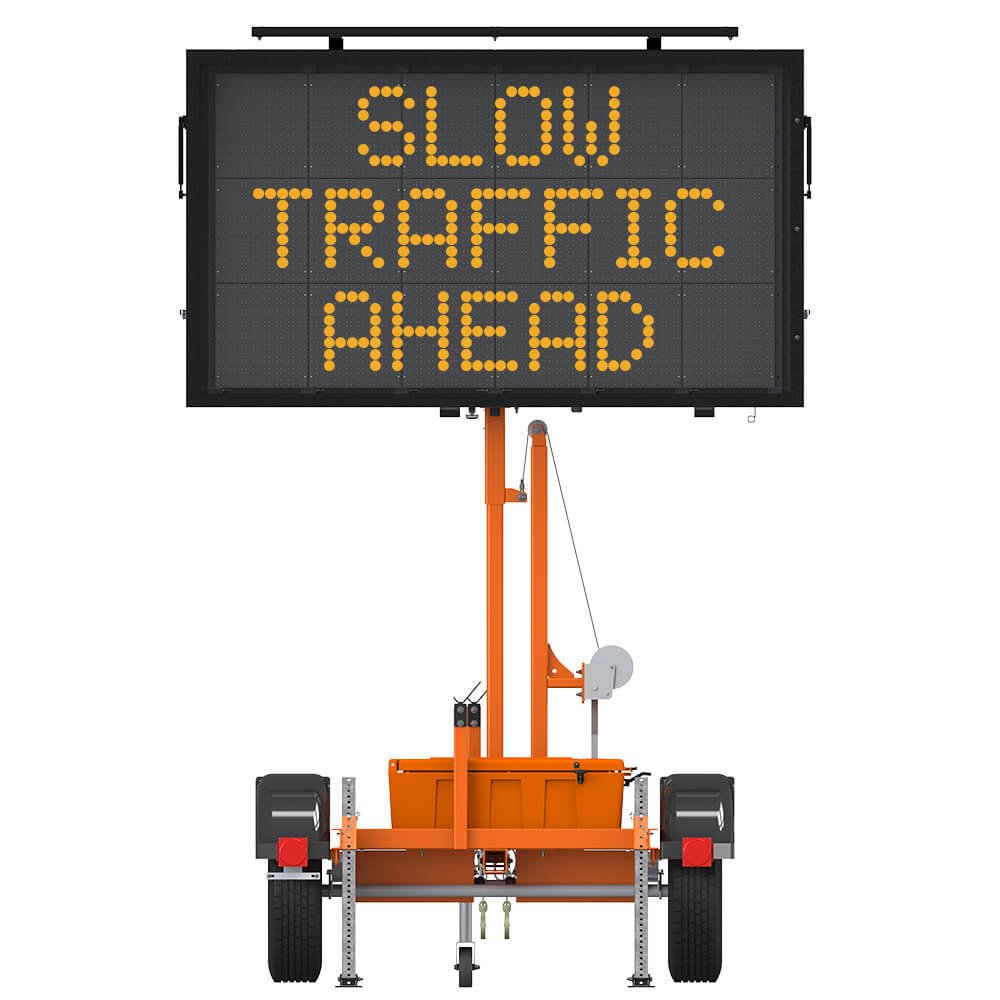
Variable Message Sign | Mid Size Full Matrix

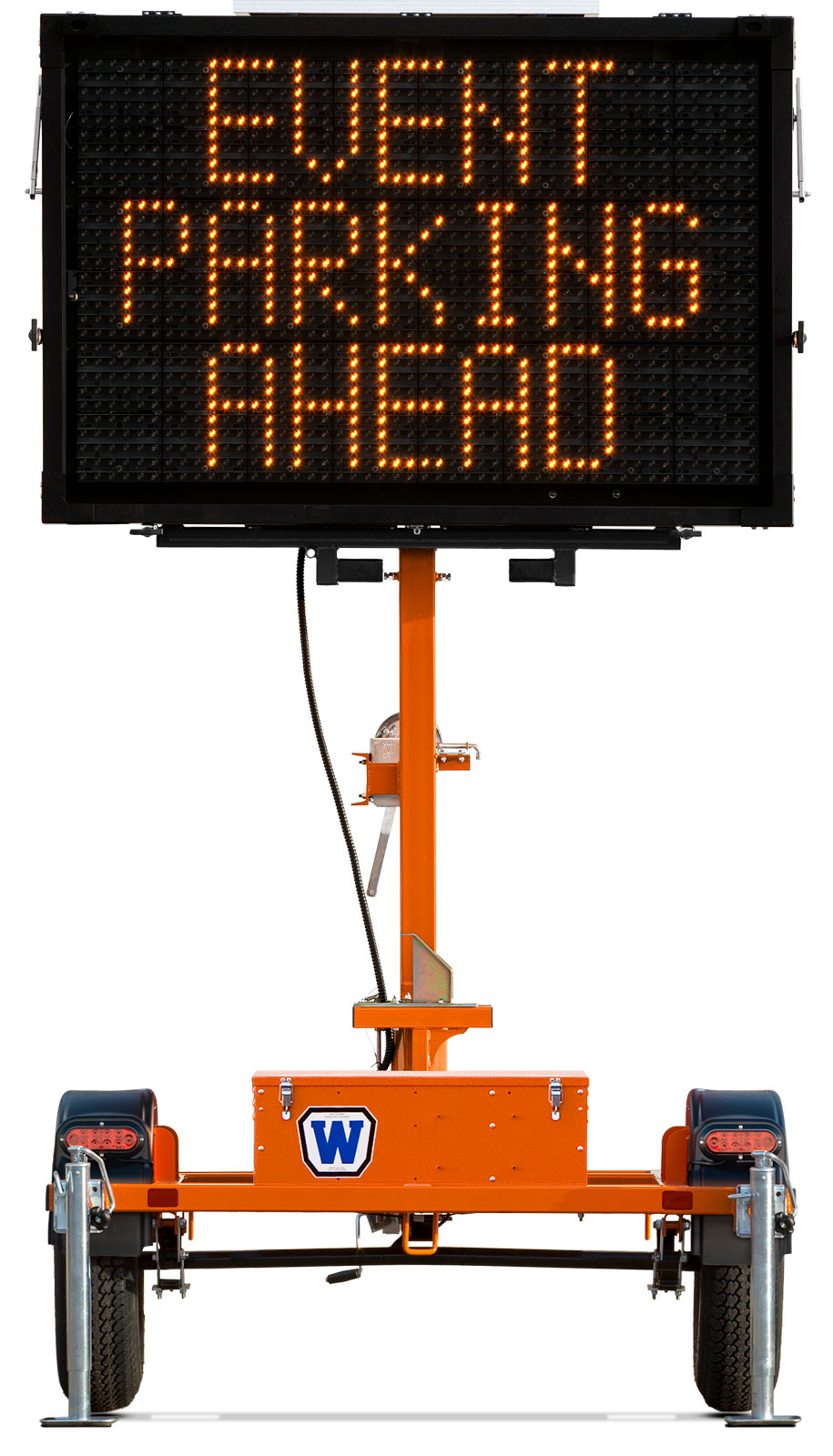
Variable Message Sign | Mini Full Matrix

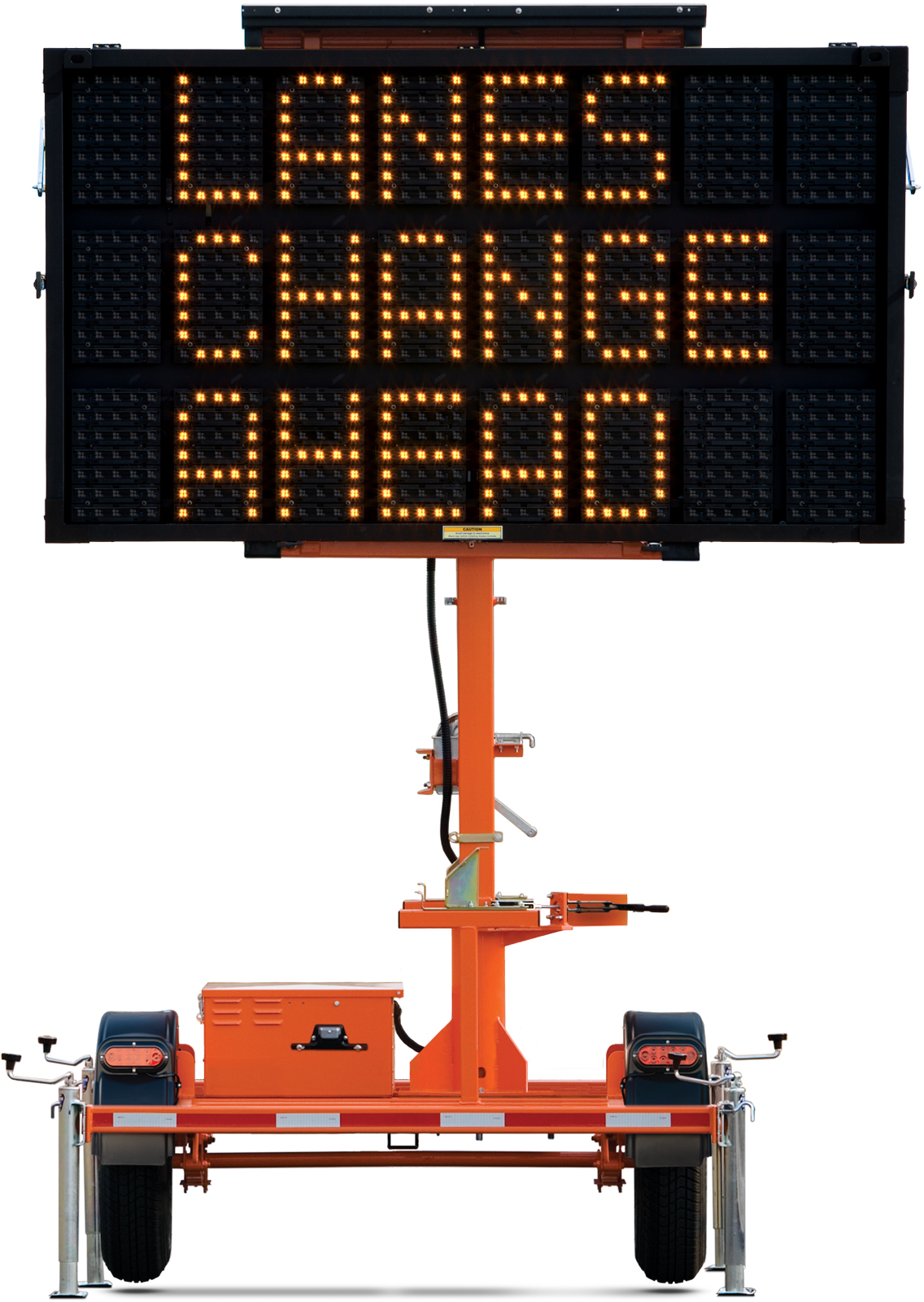
Variable Message Sign | Mid Size 3 Line

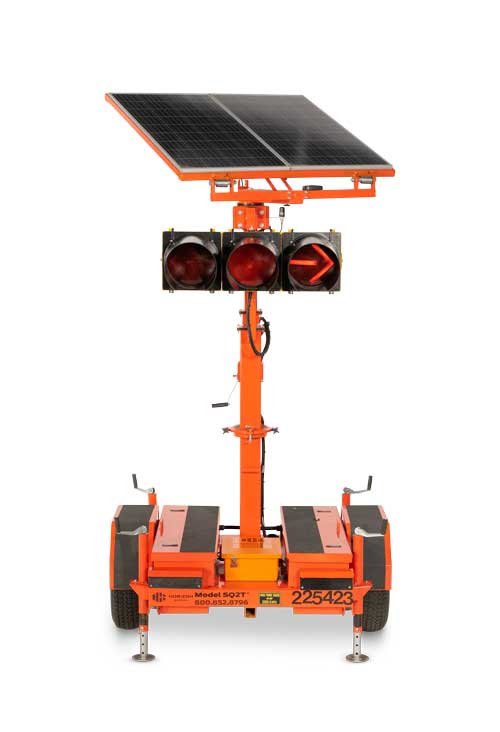
Driveway Assistance Device


Type TR2 Cart Style Portable Traffic Signal

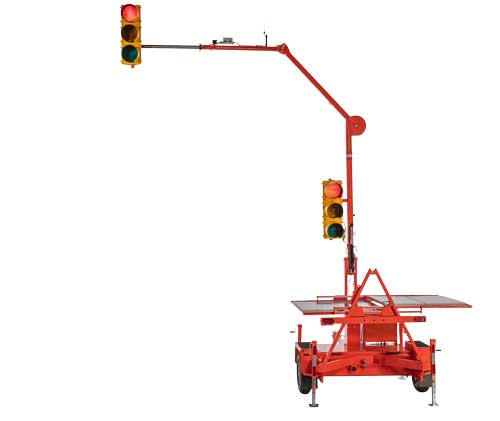
Type TR1 Mast Style Portable Traffic Signal

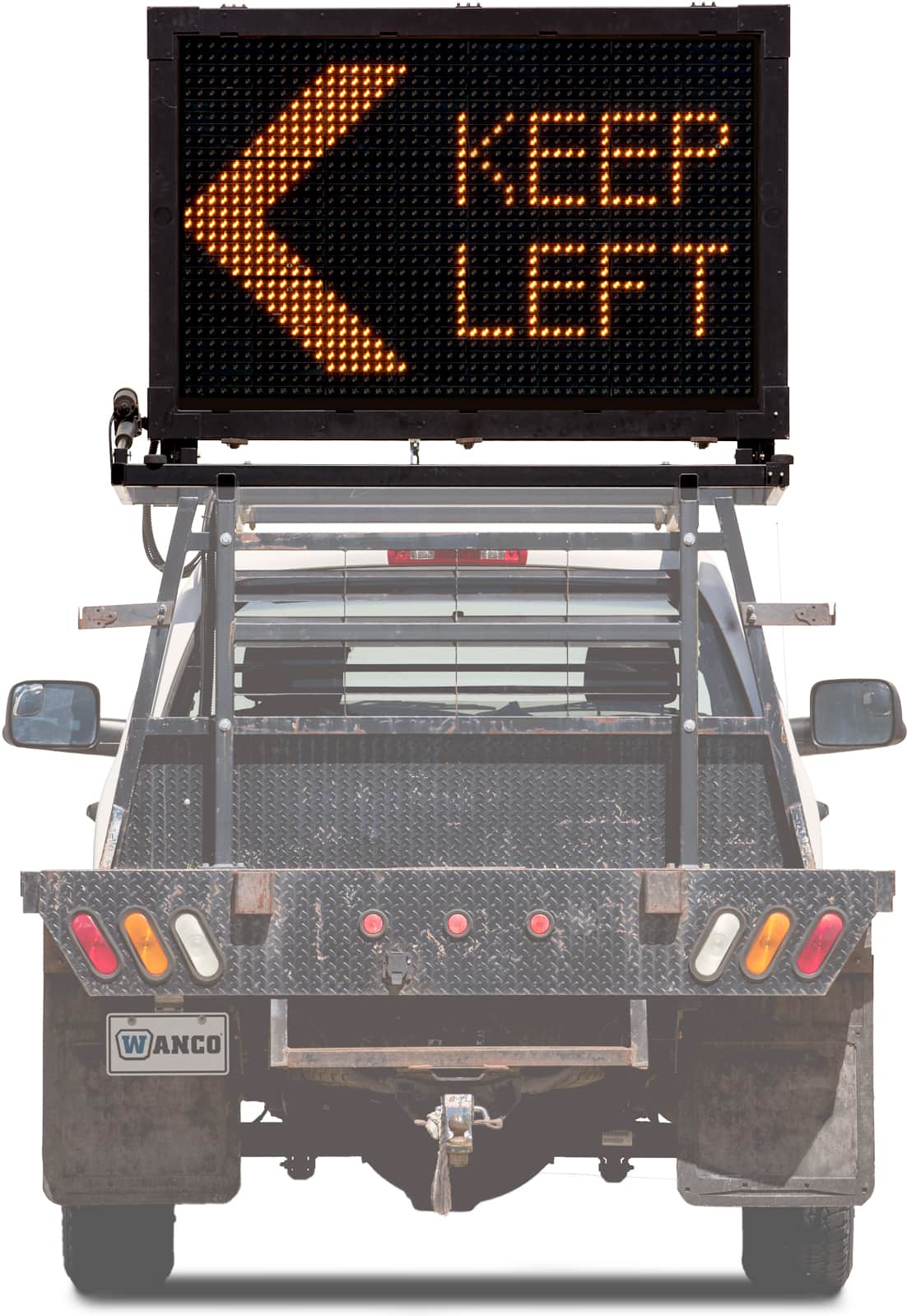
Variable Message Sign | Truck Mount

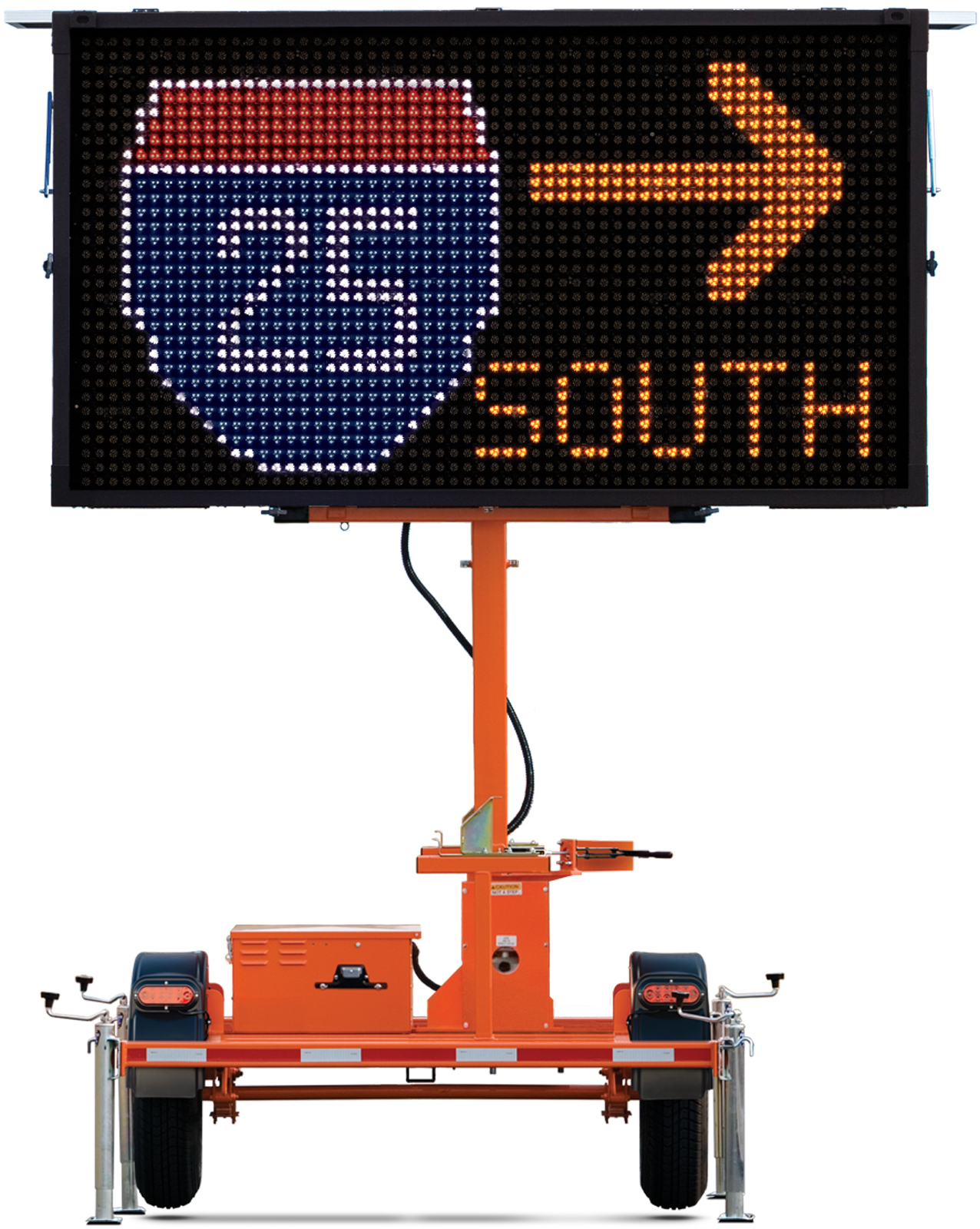
Variable Message Sign | Full Matrix+

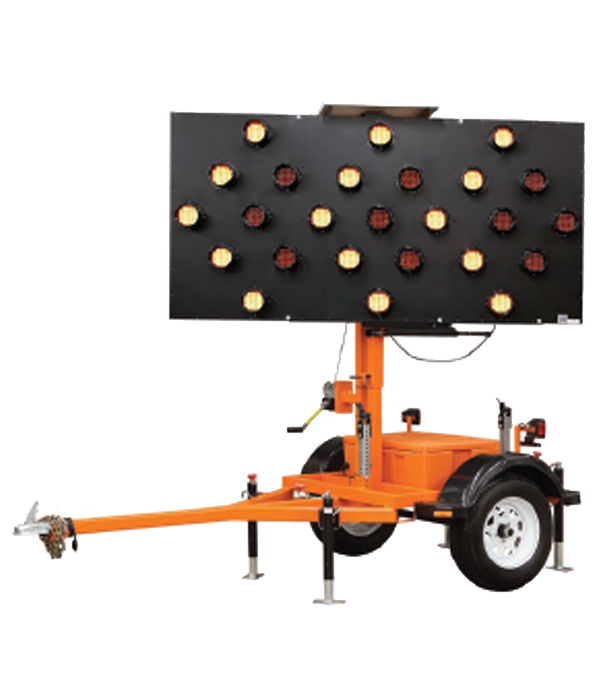
Arrow Board | 25 Light

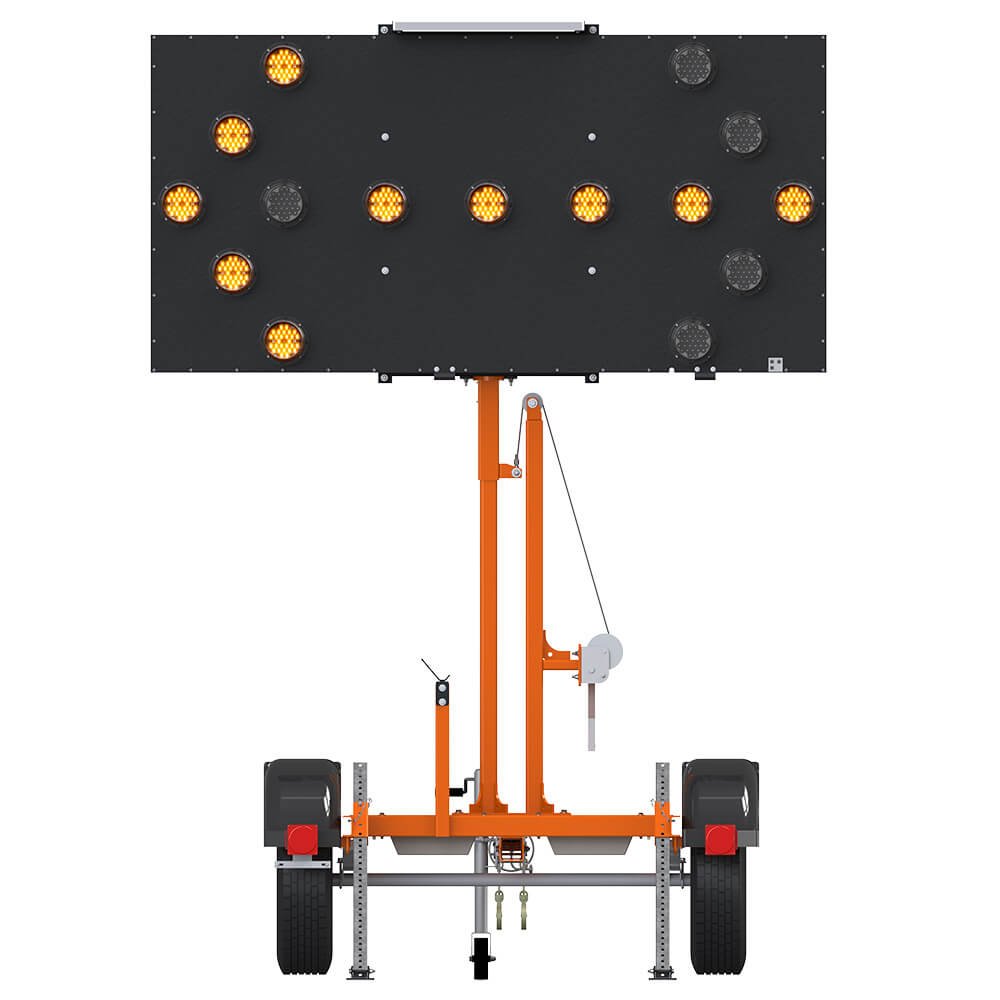
Arrow Board | 15 Light

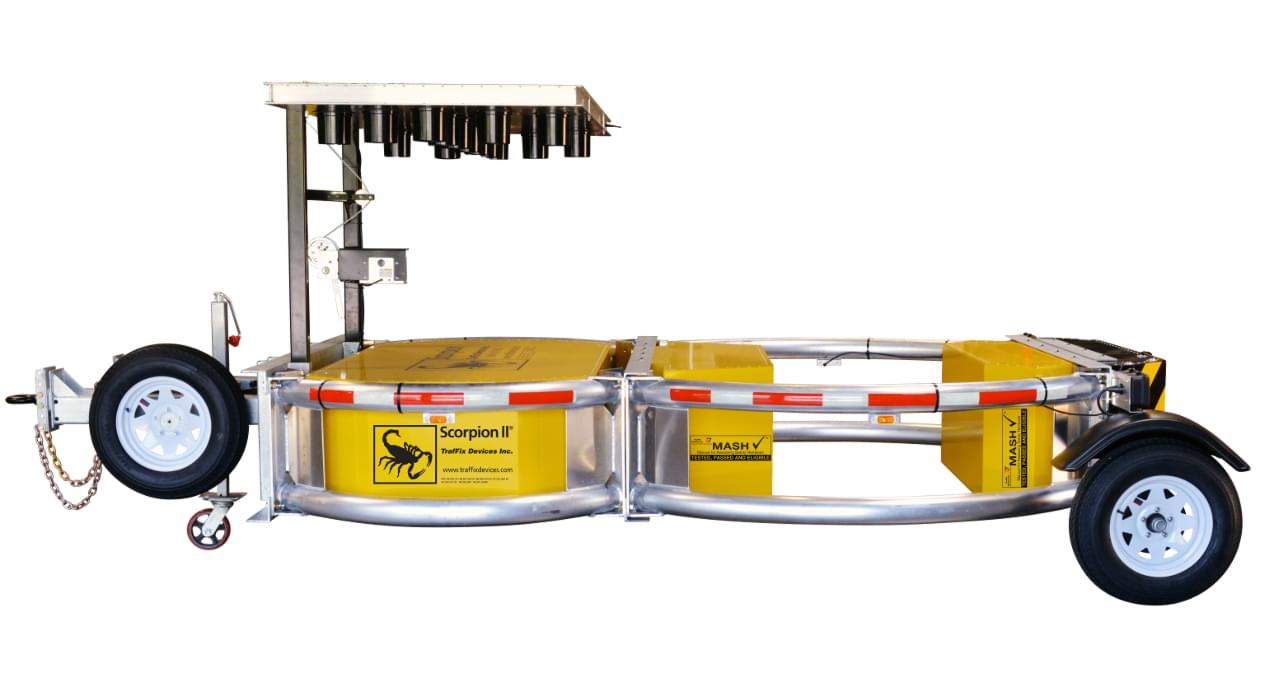
Scorpion II Trailer TMA

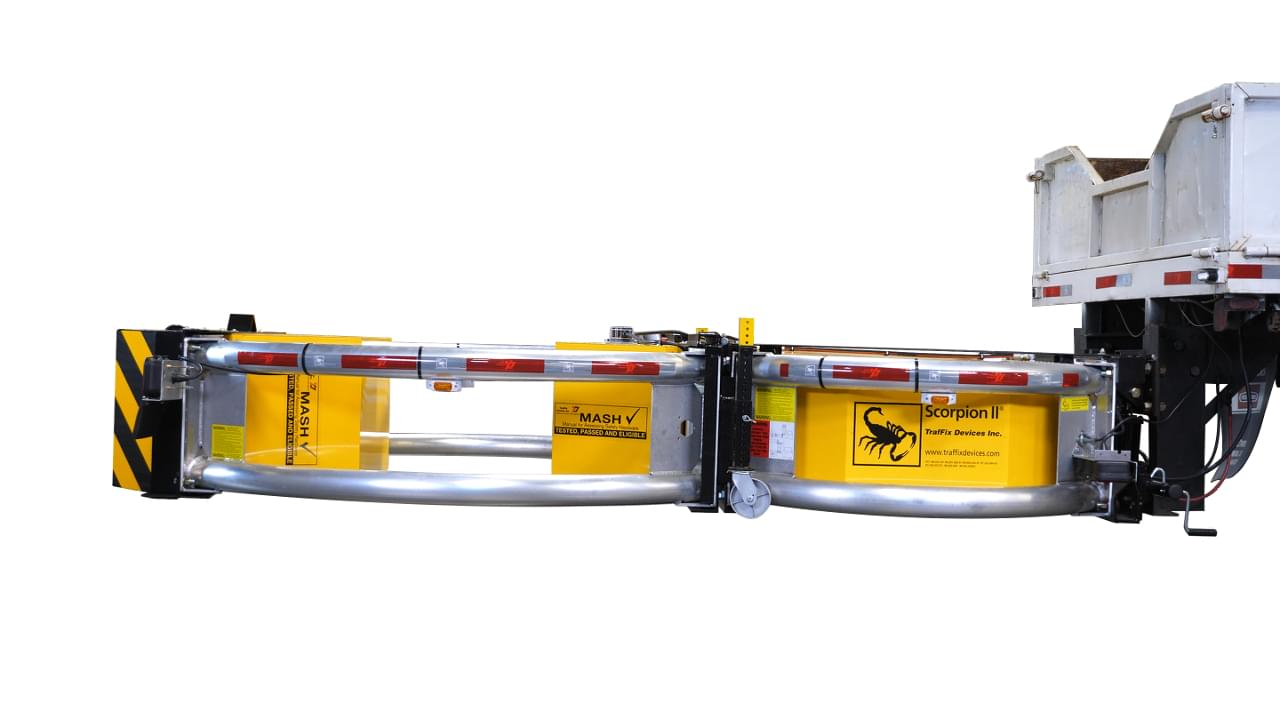
Scorpion II TMA

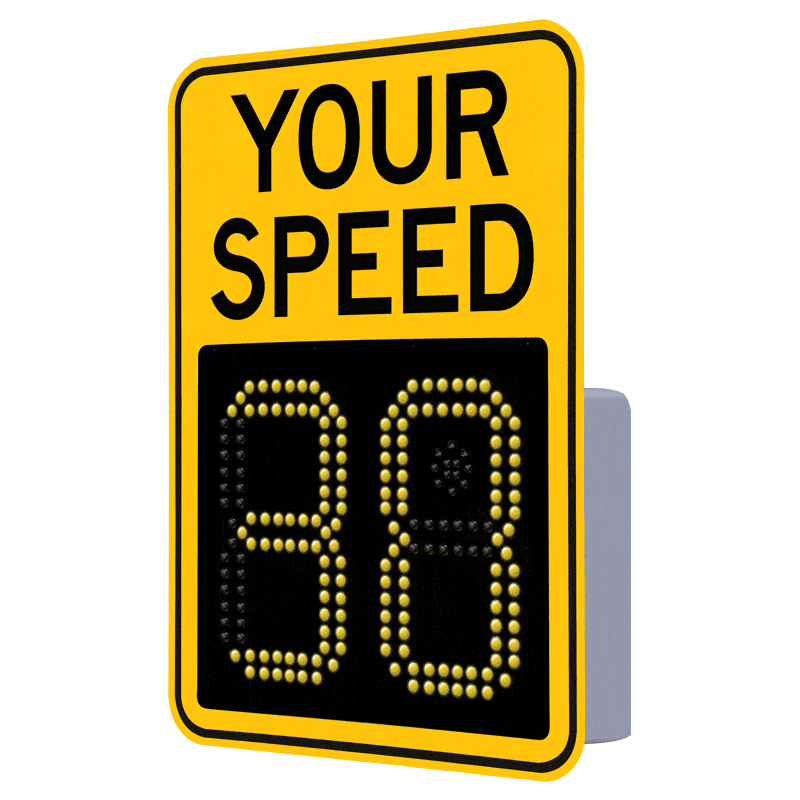
Radar Speed Signs

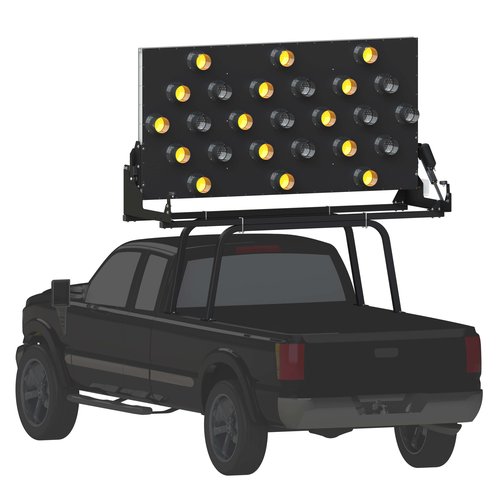
Truck Mounted Arrow Board | 25 Light

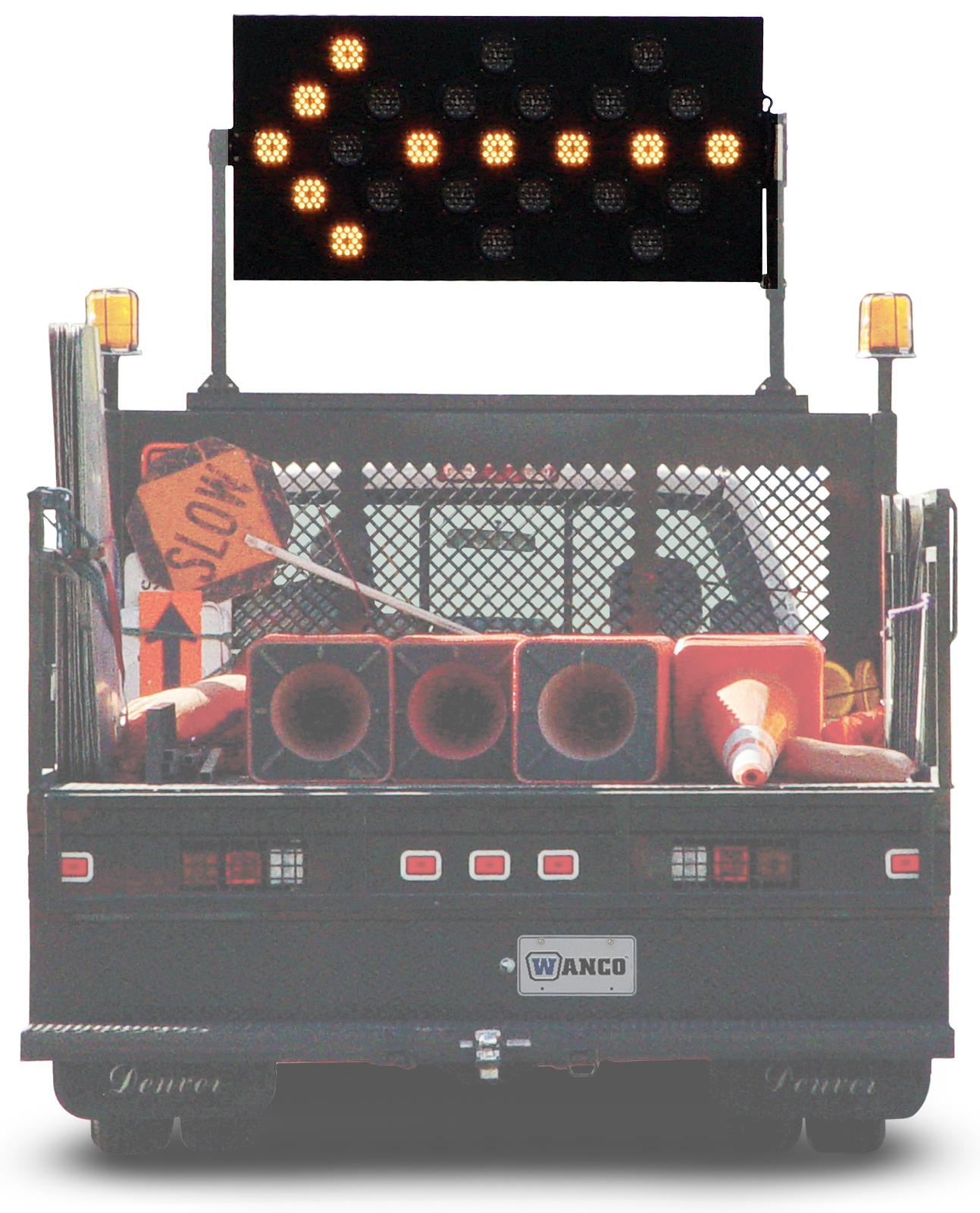
Truck Mounted Arrow Board | 15 Light

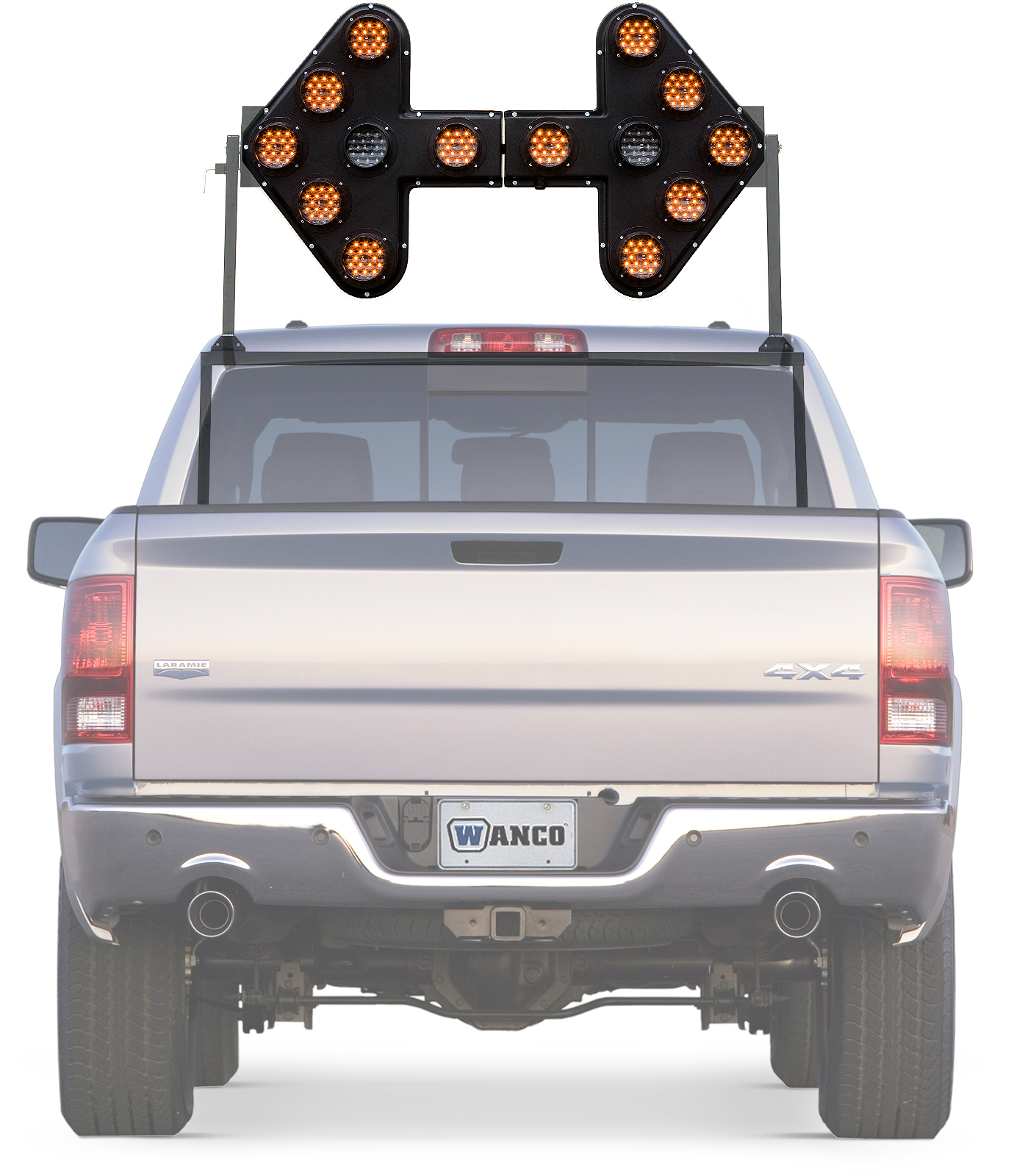
Truck Mounted Arrow Board | Mini
Connected / Smart Work Zones
 Smart Work Zones (SWZs) are advanced, technology-driven systems designed to enhance safety, efficiency, and communication in construction and roadwork areas. By integrating cutting-edge technologies such as sensors, cameras, and wireless communication networks, Smart Work Zones provide real-time information to drivers, workers, and traffic management centers. These systems can monitor traffic flow, detect incidents, and manage work zone operations dynamically, helping to reduce congestion, minimize delays, and improve overall safety.
Key features of Smart Work Zones include:
Smart Work Zones (SWZs) are advanced, technology-driven systems designed to enhance safety, efficiency, and communication in construction and roadwork areas. By integrating cutting-edge technologies such as sensors, cameras, and wireless communication networks, Smart Work Zones provide real-time information to drivers, workers, and traffic management centers. These systems can monitor traffic flow, detect incidents, and manage work zone operations dynamically, helping to reduce congestion, minimize delays, and improve overall safety.
Key features of Smart Work Zones include:
- Real-Time Monitoring: Utilizing sensors and cameras, SWZs continuously monitor traffic conditions, vehicle speeds, and work zone activities, providing up-to-date data to traffic management centers and on-site personnel.
- Dynamic Messaging: Electronic message signs and variable speed limits can be updated in real-time to inform drivers of current conditions, lane closures, detours, and potential hazards, promoting safer and more efficient navigation through work zones.
- Automated Incident Detection: SWZs can detect accidents, breakdowns, and other incidents quickly, allowing for faster response times by emergency services and reducing the risk of secondary accidents.
- Data Collection and Analysis: The data gathered from SWZs can be analyzed to assess work zone performance, identify areas for improvement, and optimize future work zone planning and management.
- Improved Worker Safety: By providing real-time information and alerts, SWZs help protect construction workers from potential hazards and ensure that they are aware of changes in traffic conditions and work zone status.
